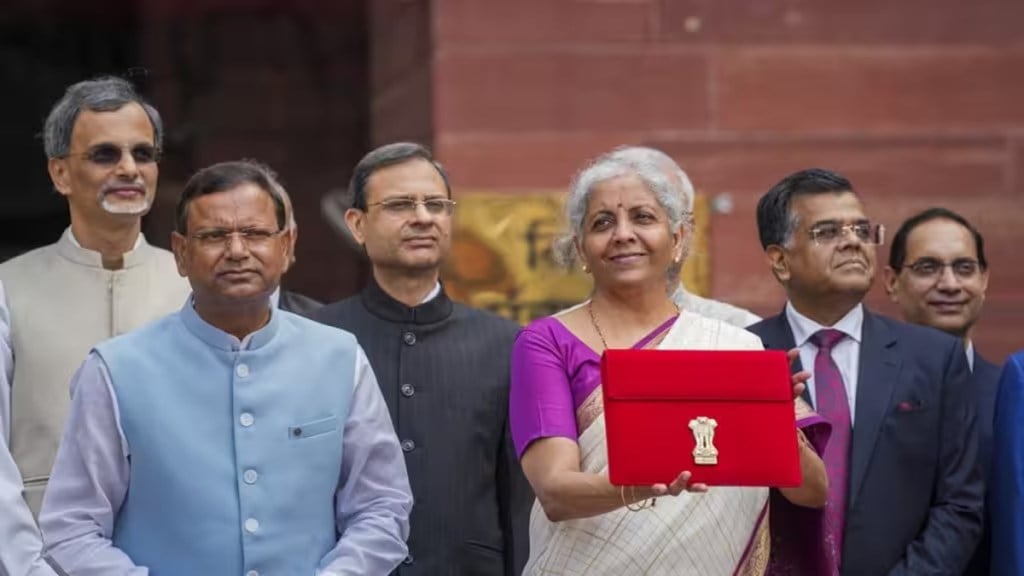With Union Budget 2025 around the corner, venture capital investors are anticipating reforms from Finance Minister Nirmala Sitharaman to address key challenges around unlocking domestic capital and driving innovation. Stakeholders are expecting strategic policies and streamlined regulations that could enhance India’s standing as a global startup destination along with enabling artificial intelligence and robotics in business growth.
This assumes significance as the Indian startup ecosystem is recovering from a sharp decline in funding in 2021 from around $35 million to $25 million in 2022, $10 million in 2023 and $11 million in 2024 as investor optimism for top line growth made way for an increasing focus on a healthy bottom line.
Tax Parity
Ankur Mittal, Co-founder of Inflection Point Ventures has called for addressing tax parity between domestic and international investors in Indian Alternative Investment Funds (AIFs) to provide a fair playing field and boost India’s appeal as a competitive global capital destination.
“By addressing the underlying disparity, the government can demonstrate its commitment to inclusion, economic change, and long-term growth in the investment environment,” he said.
Simplified Compliance and Incentives
Underscoring the abolition of the ‘angel tax’ in 2024 as a significant milestone to boost startup funding, Amit Sharma, General Partner at Cactus Partners said the government should simplify compliances and the regulatory framework for both startups and venture capital funds, including rationalizing GST on fund management fees.
He also highlighted the importance of providing tax breaks and incentivizing fund managers, and enabling access to Indian institutional capital, such as banks and insurance companies. Such reforms, said Sharma, could reduce the industry’s dependence on international capital and encourage greater participation from domestic investors.
Boost Domestic Capital Formation
Gopal Jain, Managing Partner at Gaja Capital also urged for tax reforms and measures to encourage domestic capital formation. “The VC/PE industry hopes that the budget will combine tax and domestic capital formation measures to make India a preferred destination as well as create a strong base for the industry,” Jain said. He called for reforms that drive structural development while ensuring sustained economic growth.
Focus on Innovation in Emerging Technologies
The upcoming budget is also seen by VCs as a pivotal moment to enhance the venture capital ecosystem, especially in emerging tech sectors like artificial intelligence, robotics, and agritech. Apoorva Vora, Co-founder of Finvolve said that to “encourage investments in deep-tech areas, we foresee policies that enhance access to capital, provide tax benefits for venture capital, and streamline regulatory regimes.” He suggested targeted funding programs and infrastructure support to attract investments.
As the startup ecosystem continues to expand, the VC industry remains optimistic about reforms that simplify operations, provide incentives, and foster innovation. A comprehensive, forward-looking budget could catalyze domestic participation and ensure India’s long-term competitiveness in the global investment landscape.

